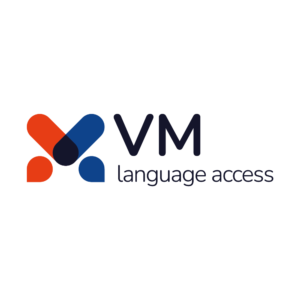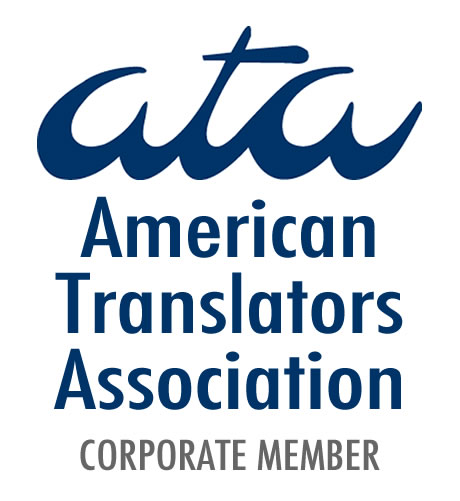
Key Legislation Regarding Language Access Services in the USA
Promoting Equity and Inclusion through Language Access
In the United States, legislation regarding language access plays a crucial role in promoting equitable access to services, safeguarding the rights of individuals with limited English proficiency (LEP), and ensuring effective communication in diverse and multilingual settings. Several laws and regulations have been enacted to address language barriers, protect linguistic diversity, and uphold the fundamental principle of equal access to services for all individuals, regardless of language proficiency. Understanding the significance of these laws is essential for promoting inclusivity, and fostering a more equitable society.
Title VI of the Civil Rights Act of 1964
Title VI of the Civil Rights Act of 1964 prohibits discrimination on the basis of race, color, or national origin in programs and activities receiving federal financial assistance. Under Title VI, recipients of federal funds are required to provide meaningful access to services for individuals with LEP, including language assistance services such as interpretation and translation. By ensuring language access, Title VI promotes non-discrimination, equal treatment, and linguistic inclusivity in federally funded programs and services.
Emergency Medical Treatment and Active Labor Act (EMTALA) 1986
EMTALA ensures that all individuals, regardless of their ability to pay or language proficiency, receive emergency medical services without discrimination. Language access provisions under EMTALA require hospitals and healthcare providers to provide interpreters and translation services to individuals with LEP in emergency medical situations. By guaranteeing language assistance in critical care settings, EMTALA promotes patient safety, communication, and equitable access to emergency healthcare services for all individuals.
Essential Blocks for Gutenberg
Add a strong one liner supporting the heading above and giving users a reason to click on the button below.
Americans with Disabilities Act (ADA) 1990
The ADA prohibits discrimination against individuals with disabilities and ensures equal access to services, programs, and facilities. Title II of the ADA requires state and local governments to provide effective communication for individuals with disabilities, including those who are deaf or hard of hearing. Language access services, such as sign language interpretation and other auxiliary aids, are essential for facilitating communication and ensuring equal access to information and services for individuals with disabilities.
Executive Order 13166
Issued in 2000, Executive Order 13166 mandates federal agencies and recipients of federal funding to provide meaningful access to individuals with LEP. The Executive Order reinforces Title VI requirements related to language access and directs federal agencies to implement language assistance services, establish language access plans, and ensure effective communication in programs and services. By promoting language access at the federal level, Executive Order 13166 advances equity, inclusion, and communication for diverse linguistic communities.
Culturally and Linguistically Appropriate Services (CLAS) 2000
The CLAS standards, developed by the Office of Minority Health, outline guidelines for culturally and linguistically sensitive healthcare services. CLAS standards emphasize the importance of providing language access, understanding cultural beliefs and practices, maintaining respect for diverse backgrounds, and promoting health equity for all individuals. By adopting CLAS standards, healthcare organizations enhance care quality, patient satisfaction, and health outcomes for diverse populations.
Affordable Care Act (ACA) 2010
The Affordable Care Act includes provisions that require health insurance marketplaces and healthcare providers to provide language assistance services to individuals with LEP. ACA language access provisions ensure that individuals can access and understand health insurance information, medical treatments, and preventive care services. By facilitating language access in healthcare, the ACA promotes health equity, patient engagement, and effective communication in the healthcare system.
Health Insurance Portability and Accountability Act (HIPAA) 1996
HIPAA safeguards the privacy and security of patient information and requires healthcare providers to protect the confidentiality of medical records. Language access provisions under HIPAA ensure that individuals with LEP receive effective communication, understand their rights, and have access to interpreters and translated materials to navigate the healthcare system. By incorporating language access into privacy regulations, HIPAA promotes patient rights, confidentiality, and quality of care for all individuals.
Importance of Legislation Regarding Language Access:
These legislative measures are essential for ensuring equitable access to services, protecting the rights of individuals with limited English proficiency, and promoting effective communication in diverse settings. By requiring language assistance services, interpretation, and translation, these laws advance fundamental principles of non-discrimination, equality, and inclusivity in service delivery. Language access legislation enhances communication, fosters understanding, and empowers individuals to access essential services, engage in civic life, and exercise their rights in a linguistically diverse society. Upholding language access provisions promotes cultural competence, respect for diversity, and effective communication, creating a more inclusive, accessible, and equitable environment for all individuals in the United States.











